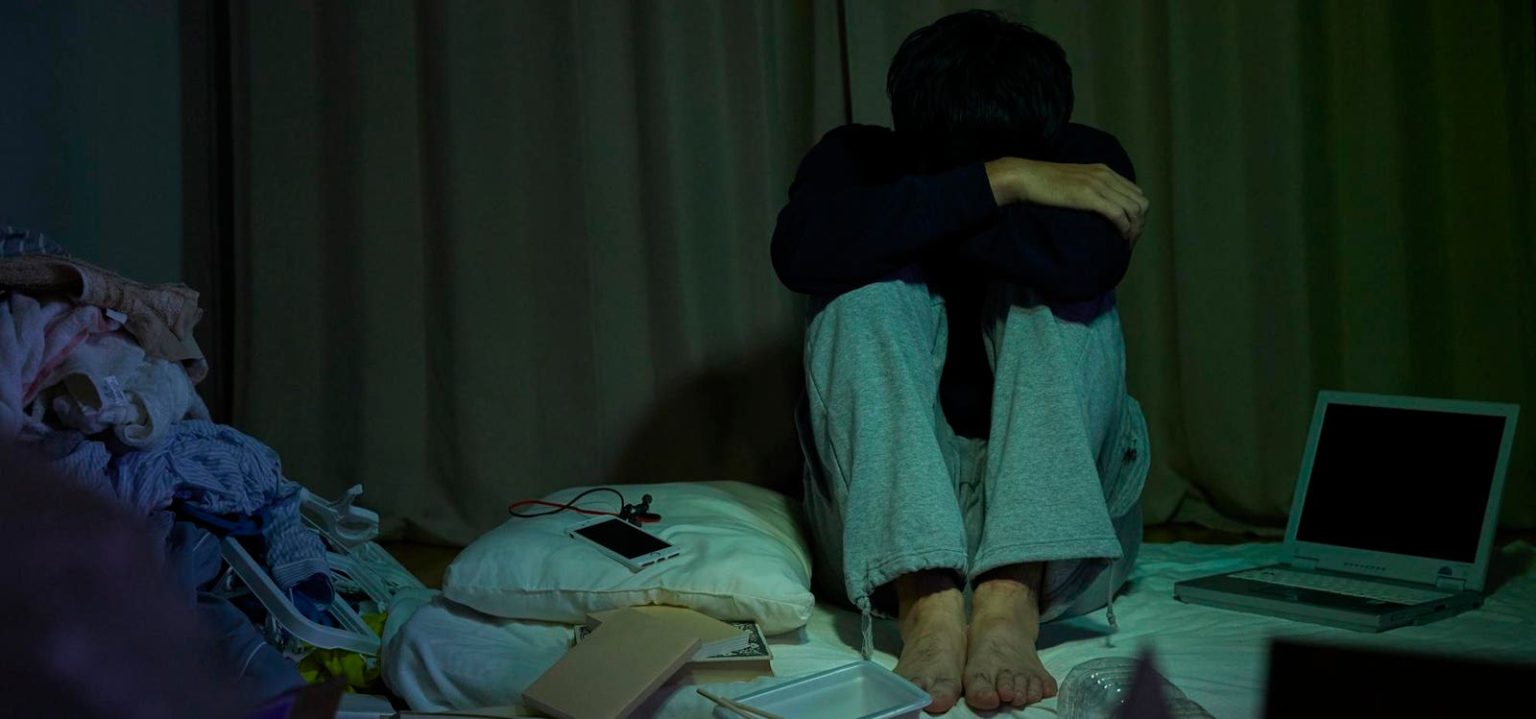A recent news article delves into the rising phenomenon of ‘Hikikomori Syndrome’ with the insight of a psychologist. The term ‘Hikikomori’ originated in Japan and refers to individuals who isolate themselves from society, usually staying indoors for months or even years. This behavior is typically seen in young adults and has been gaining attention worldwide as more cases are being reported outside of Japan. While the exact causes of Hikikomori syndrome are not fully understood, the psychologist sheds light on potential factors such as social pressure, mental health issues, and the impact of technology on social interactions.
The psychologist explains that Hikikomori syndrome is a complex and multifaceted issue that requires a deeper understanding to effectively address. He suggests that societal pressure to conform to certain standards, such as academic or career success, can contribute to feelings of inadequacy and isolation. In addition, the rise of social media and online communication may also play a role in exacerbating feelings of loneliness and disconnection. These factors, combined with underlying mental health issues such as anxiety or depression, can lead individuals to retreat into isolation as a coping mechanism.
The psychologist highlights the importance of early intervention and support for individuals experiencing Hikikomori syndrome. He emphasizes the need for a holistic approach that includes mental health therapy, social skills training, and reintegration into society. By addressing the root causes of the syndrome and providing personalized treatment plans, individuals can gradually overcome their isolation and build healthier relationships with others. The psychologist also stresses the need for increased awareness and destigmatization of mental health issues in order to create a more supportive environment for those struggling with Hikikomori syndrome.
As Hikikomori syndrome continues to be reported in countries around the world, the psychologist suggests that a global perspective is needed to better understand and address the phenomenon. By sharing knowledge and best practices across cultures, mental health professionals can collaborate to develop effective interventions and support systems for individuals with Hikikomori syndrome. He also calls for more research to be conducted on the long-term effects of isolation and ways to prevent and treat the syndrome in different populations.
In conclusion, the psychologist stresses the importance of empathy and understanding when dealing with individuals experiencing Hikikomori syndrome. By recognizing the complex interplay of societal, psychological, and environmental factors that contribute to isolation, we can work towards creating a more inclusive and supportive society for all. Through early intervention, personalized treatment, and global collaboration, we can help individuals with Hikikomori syndrome regain their sense of connection and well-being. It is crucial to destigmatize mental health issues and promote a culture of acceptance and support for those struggling with isolation and loneliness.


